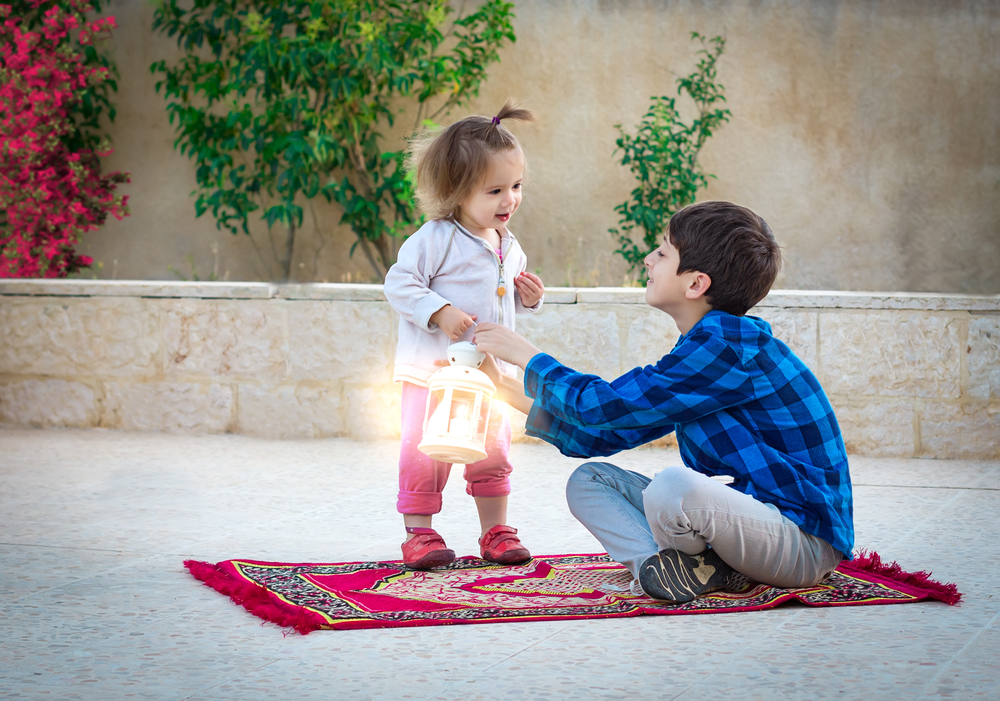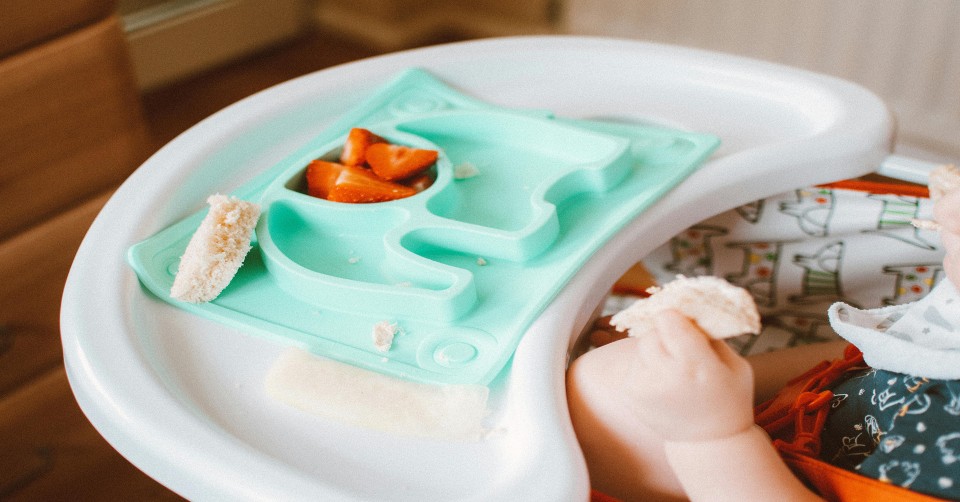Children 6-11 Years
Effect of learning Emotional Intelligence on parenting

After I developed a curiosity towards the world of emotions, I came across the term “Emotional Intelligence,” which is becoming more famous now. According to studies, people who are emotionally intelligent tend to succeed in different aspects of life; why? Because emotional intelligence helps people have better relationships with themselves and others, be and feel healthier, have a better quality of life, achieve more effective results and make better decisions.
In a world of growing complexity where stress and mental issues are rising, whether in schools, at work, or at home, the need to develop the skills to handle our own and others’ emotions has increased as well. I remember how the majority of us were brought up without emotional awareness, and the results were evident to me when it came to parenting my kids.
There was a phase where I became stuck and wasn’t getting the results I wanted, so I had to learn about myself, my emotions, and my behavioral patterns as a person and a mother in particular and explore other ways of dealing with the challenges of parenting.
Of course, this journey is a never-ending process, but raising my emotional awareness improved my relationship with my kids and helped me build better connections and peace with them.
As parents, we struggle to understand our emotions or to hold space for our children when experiencing them especially intense ones. When we see our child crying, for example, we tell him/her to stop crying because we become uncomfortable. We don’t address these emotions because we are afraid of them, and we even want to protect our kids from having them, so we end up teaching them the habit of suppressing their emotions. But emotions are part of our biology, and there is a reason behind them. They play an important role in our lives. See previous article (Role of emotions in our lives).
So what does Emotional Intelligence “EQ” mean?
EQ is being self-aware of our emotions and recognizing them when they happen. It is understanding why they are happening and how we react to them. EQ is the ability to regulate these emotions by exercising self-control and thinking of other suitable options of behavior than the common impulsive reactions. It is the ability to understand other people, what they are feeling and how they behave accordingly, hence building a better connection with them.
In his book “Whole-Hearted Parenting,” Joshua Freedman explains: “EQ is a way to understand the nature of emotions and to use them as part of our intelligence, to apply the smarts to take effective action.” P17.
So how can we be smarter with our feelings? We need to understand the fact that emotions are data; they are messages from us to us and from the world around us. These messages carry information about what is going on to help us understand situations and to solve emotional puzzles.
For example, you have a conflict with your child or teen, and you feel angry, this feeling is a message from you to you showing you a problem that needs to be addressed. Again, your feelings of anger and frustration become the first data to direct your attention to the problem or challenge. Then you can collect other emotional data from words, facial expressions, body language, and tone of voice and use this data to make suitable decisions by seeing your options and choosing a course of action to solve the challenge.
Emotional Intelligence is a learnable skill that can be practiced and developed. Children are born emotionally expressive. They communicate what they feel out loud (laugh, shout, cry..), and they are keen observers of us adults. They need models of self-aware parents in order to learn how to regulate their emotions and express themselves in proper manners. We also communicate our emotions to our children, and it is our role to guide them and help them grow their Intelligence in emotions. In my next articles, I’m going to give you tips on how we can raise our self-awareness and start practicing emotional intelligence with our children.














